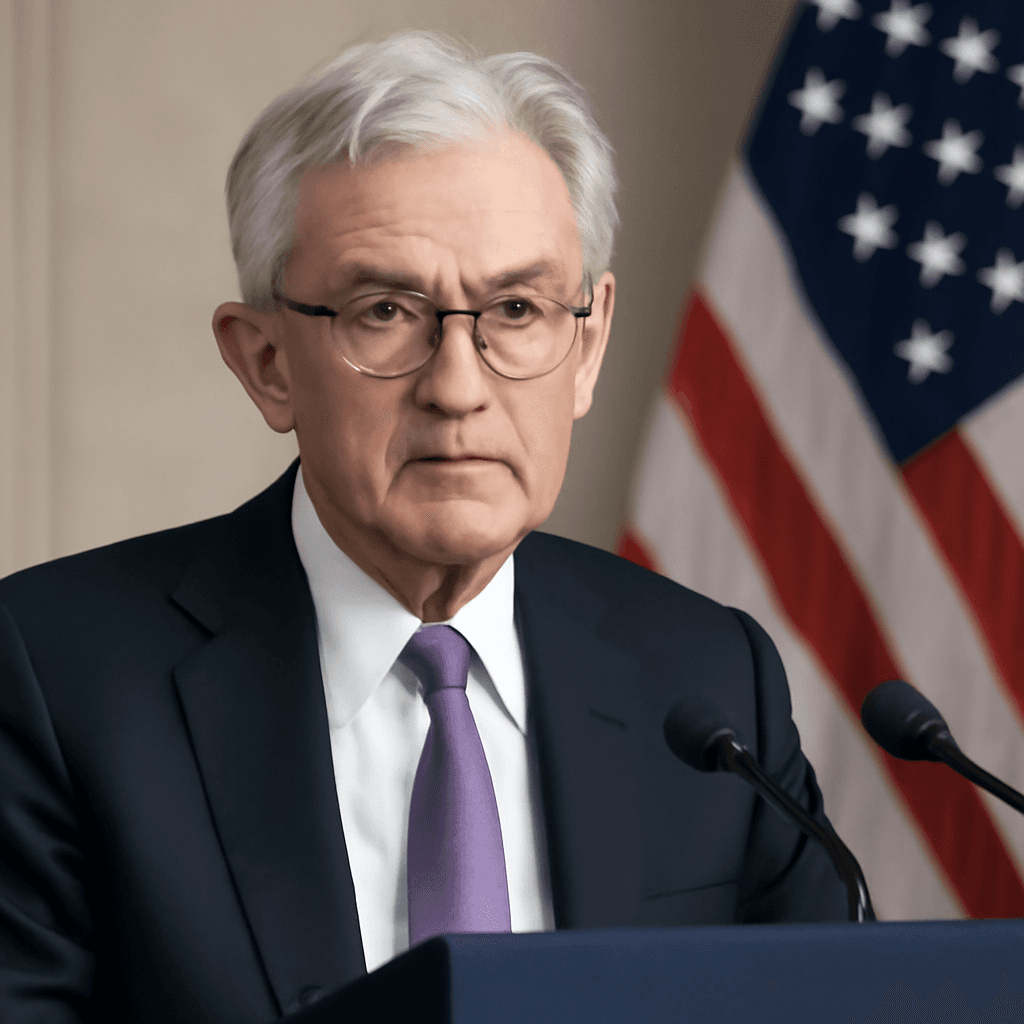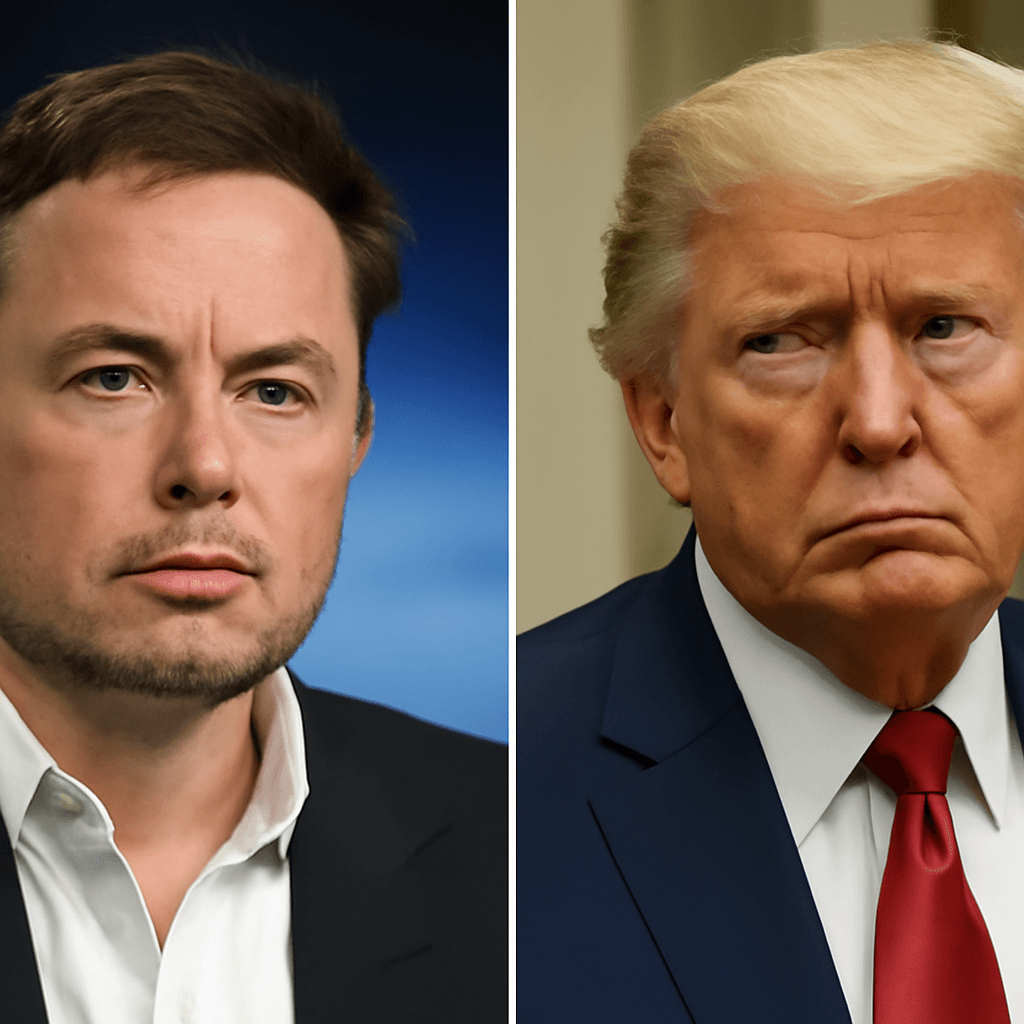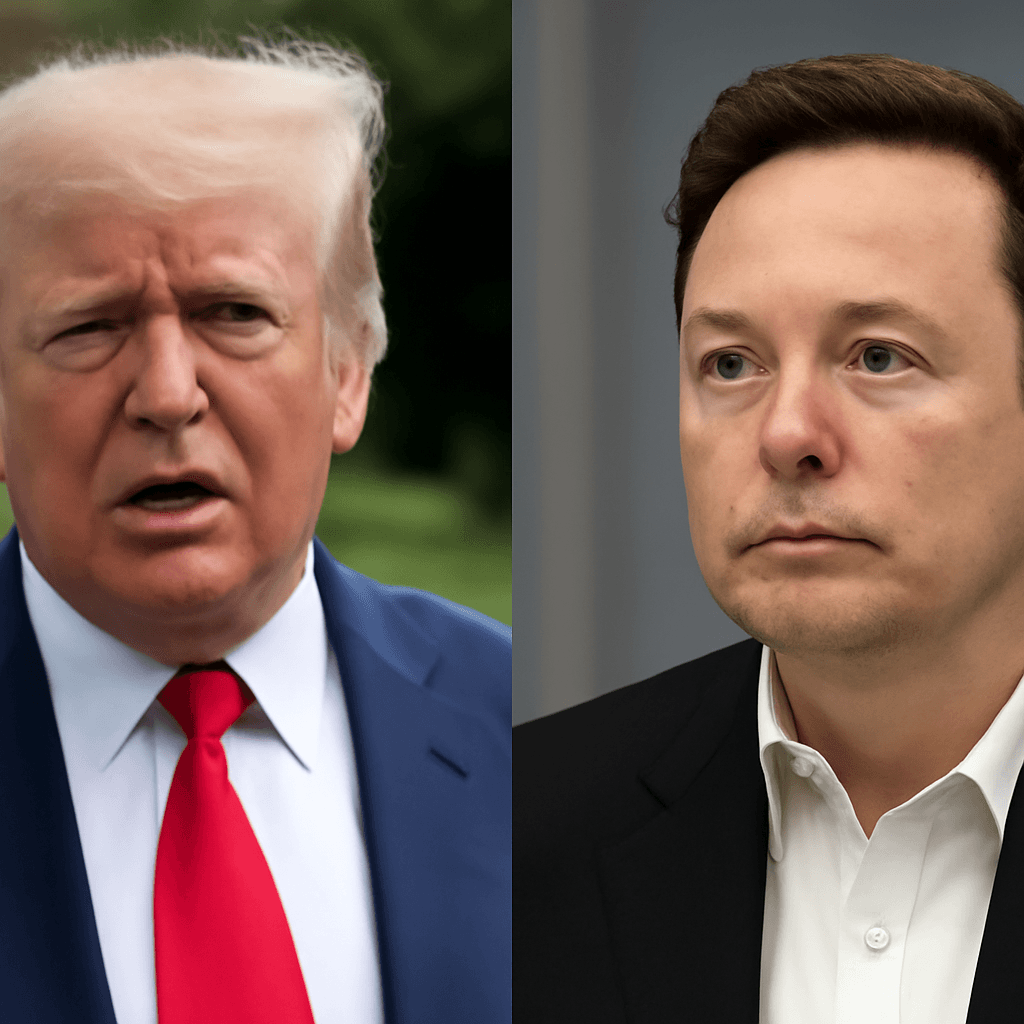US Job Growth Moderates in May
In May, the United States saw a slowdown in job growth, with employers adding 139,000 new positions, down from the revised total of 147,000 in April. Despite exceeding economists' forecast of 130,000 jobs, the overall trend highlights mounting uncertainty among businesses.
Impact of Trade and Fiscal Policies
Economic uncertainty has been fueled by the ongoing trade policies implemented by the Trump administration, particularly shifting stances on import tariffs. This unpredictability has complicated long-term business planning and hiring decisions.
Additionally, political disagreements within the Republican Party, notably over President Trump’s tax-cut and spending proposals, have heightened the economic ambiguity. Prominent figures from various sectors, including notable entrepreneurs, have voiced opposition to these measures.
Labor Market Details
Unemployment and Labor Force Changes:
- The unemployment rate remained stable at 4.2% for the third consecutive month.
- However, over 625,000 individuals exited the labor force, indicating possible erosion of worker confidence in the job market.
Sector-wise Hiring Trends:
- Healthcare: Led job creation with 62,000 new jobs spread across hospitals, ambulatory care, and nursing facilities.
- Leisure and Hospitality: Added 48,000 jobs, mainly in bars and restaurants.
- Social Assistance: Increased employment by 16,000 positions.
- Federal Government: Experienced a decline of 22,000 jobs, marking the largest reduction since November 2020, largely due to administration-led hiring freezes and cutbacks.
- Manufacturing: Lost 8,000 jobs amid increasing trade-related concerns.
Wage Growth Supports Economic Outlook
Despite the slowdown in hiring, wage growth remains robust. Average hourly earnings rose by 0.4% in May compared to April and have increased 3.9% over the last year, a slightly stronger gain than anticipated. This wage growth suggests continued labor market tightness and may support ongoing economic expansion.
Outlook and Challenges Ahead
Though job creation has moderated, wages and sector-specific growth provide some optimism. However, persistent trade policy uncertainty and political disputes over fiscal plans present challenges that could affect business confidence and hiring momentum. The Federal Reserve may factor these dynamics when considering future interest rate adjustments.











